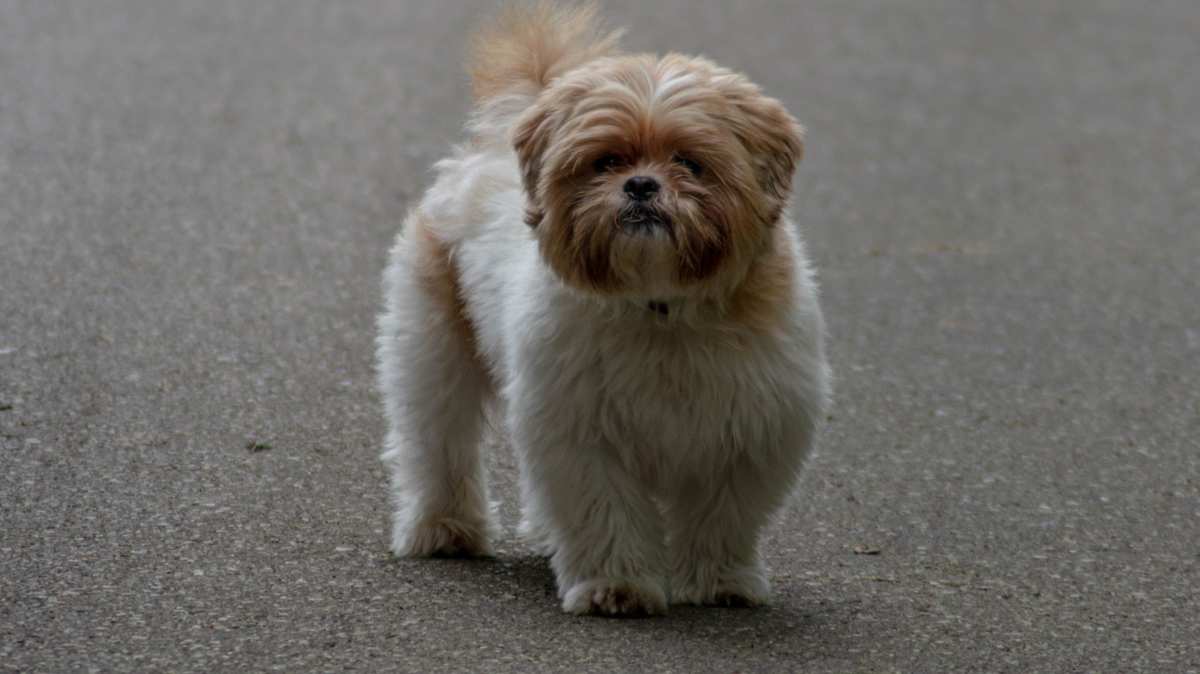Chinese Imperial Dog Breed Details
No matter the debate over the Chinese Imperial Dog, they are without a doubt lapdogs. These lovable little companions can also make decent watchdogs. You'll know by their size that when it comes to guarding, the best they can defend against are small stuffed animals! They are best for people who have some experience and understand how to be very careful with such tiny dogs. First-time families with well-taught, mature children can handle Chinese Imperial Dogs too.
Here are some things you should know about these miniature dogs:
PROS
- Playful
- Double coat
- Little barking
- Somewhat laid back
- Minimal exercise needs
- Extremely loyal to master
- Great for apartment living
- Like to sit quietly for long periods
- Can be good with other pets if socialized
CONS
- Rare
- Expensive
- Not hypoallergenic
- Small Dog Syndrome
- Can be overly curious
- Might not tolerate kids
- Very sensitive to touch
- Significant grooming needs
- Training can be challenging
- Low tolerance to hot climates
- May be bossy with bigger dogs
- Housebreaking can be difficult
- Possibility of being very stubborn
